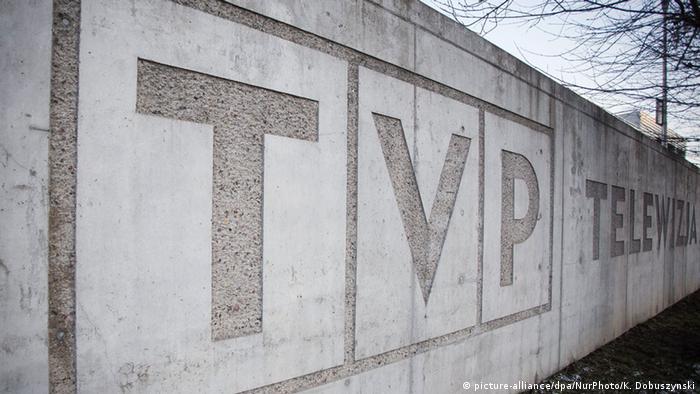Polish public broadcaster TP in EU Court for Discrimination Against Self-employed LGBTI Person

Today, the case of J.K. vs the Polish public broadcasting company TP, in which the applicant is seeking compensation for the discontinuation of his freelance contract after he appeared in a YouTube video with his same-sex partner, is being heard for the first time at the Court of Justice of the European Union.
Today, the CJEU is holding a preliminary hearing in the case C-356/21, to decide whether the refusal to continue a contract of work with a self-employed person on the basis of that person’s sexual orientation violates EU law.
In the case, the applicant, J.K., is seeking compensation from the Polish public broadcaster TP for the breach of the principle of equal treatment on the grounds of sexual orientation in the form of direct discrimination in the context of the employment relationship between the two parties.
The Applicant is openly a member of LGBTI community, and together with his partner, he engages in the activism for LGBTIQ+ rights, including by running a popular YouTube Channel.
The Defendant is the Polish public broadcaster, a nationwide public TV network which employs over 2 000 workers, fully owned by the State Treasury, intended to fulfil a public service mission. During 2010 – 2017, the employment relationship between the Applicant and the Defendant was based on regularly concluded, consecutive short-term contracts for specific work.
In December 2017, the Applicant and his partner released a Christmas video on their YouTube Channel, where they appeared among other members of the LGBTIQ+ community. Two days after the video was posted, the Applicant received an e-mail from his immediate supervisor cancelling his scheduled shifts. He was also informed that the Defendant was not planning to cooperate with the Applicant any longer. He was replaced by another employee, who had neither the qualifications nor the experience to perform the tasks previously performed by the Applicant.
Three Member States (Belgium, the Netherlands, and Portugal) and the European Commission, have filed written statements in support of the Applicant. All of them argue that the Member States may not exclude from the scope of Directive 2000/78 in their national law, the freedom of choice of the party to contract, to the extent that it is based on sexual orientation.
Poland, on the other hand, argues that the termination of contract and refusal to conclude a further contract with a self-employed person, even if based on that person’s sexual orientation, does not violate EU law.
According to Arpi Avetisyan, Head of Litigation with ILGA-Europe: “With this case, the CJEU has the opportunity to clarify the scope and practical applicability of the principal of non-discrimination based on sexual orientation, in the field of employment and occupation. This case could strengthen the standard and confirm that the fact that a person has been hired as a self-employed person is irrelevant for the purposes of protection from discrimination, both regarding access to employment and its termination.
“Otherwise, to allow limitation the scope of Directive 2000/78 would legitimise discriminatory choices of employers and contracting parties, and could encourage businesses to work more frequently with self-employed workers, as outside the framework of employment contracts, they would be free to discriminate.
“Any arguments of Poland in the present case are in fact contrary to the general principle of non-discrimination based on sexual orientation. Moreover, also under the Directive that self-employed persons would be less protected than other employees.”